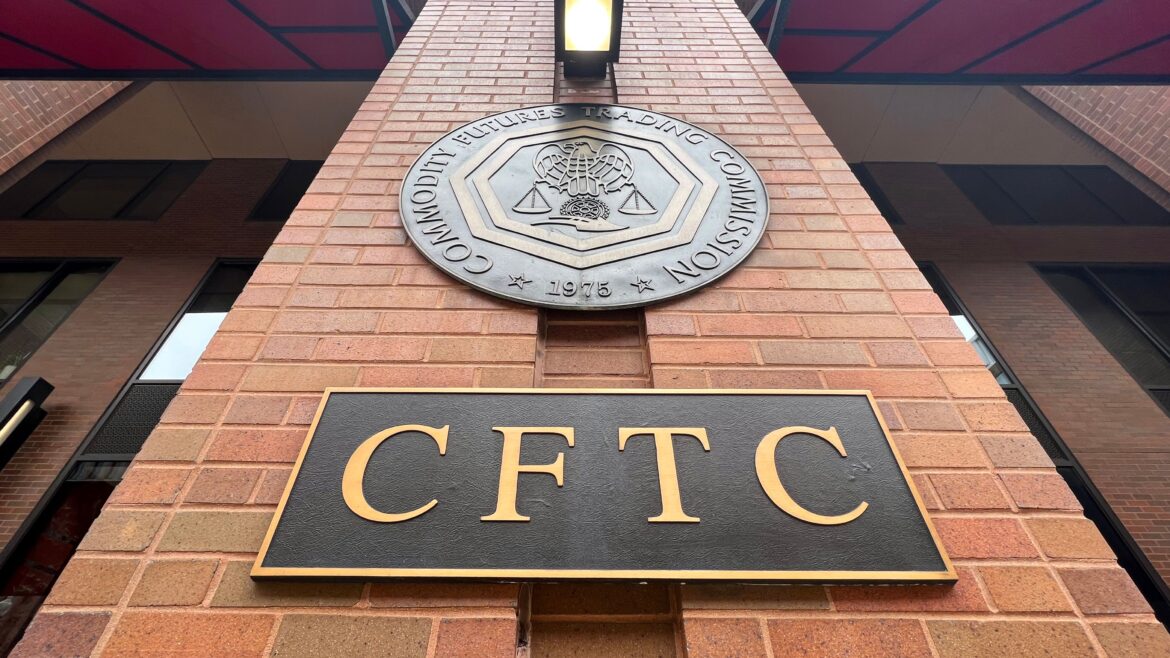The latest news out of the Internal Revenue Services is another high-profile crypto exit, again leaving the tax agency’s digital assets operation rudderless, even as newly arriving tax policies will spur a crypto filing surge.
You’re reading State of Crypto, a CoinDesk newsletter looking at the intersection of cryptocurrency and government. Click here to sign up for future editions.
The narrative
Trish Walker, the chief of the IRS digital assets office exited shortly after taking over that role. As she joins two other recently departed IRS crypto officials in heading toward the private sector, the agency is left in a leadership lurch. The tax arm of the Treasury Department isn’t yet saying who will take over this massively growing area of the U.S. tax system.
Why it matters
The industry has been waiting for Congress to hatch some friendlier tax provisions for crypto, but for now, it gets the policies that are on the books. This includes some newly established forms and filings, such as the 1099-DA document that potentially millions of people will be getting for the first time from their crypto brokers.
Breaking it down
With a tsunami of new crypto filings expected to come from the 2025 tax year — including from taxpayers who didn’t report earlier year income because of the confusion over how it should be handled — the agency’s crypto experts will presumably be worth their weight in gold. But the IRS has been slashing its budget and its personnel, with more than 20,000 employees out the door after the Elon Musk-driven federal staff reductions. (Two of the recent crypto departures were part of that personnel purge.)
This seems to be setting the U.S. tax agency up for a crypto workload crisis, and in a time that it seems short on experienced leadership in that office. Taxes have long been a source of confusion for digital assets enthusiasts in the U.S., and if they have questions at the end of the year, they may not find a lot of customer service at the agency.
Crypto accountants will have an interesting road ahead.
- Congress remains on break and no regulatory agency held an event this week, though the lawmakers will return to session next week.
- (Decrypt) The Solana Policy Institute backed Tornado Cash developers with money to appeal convictions.
- (Politico) The recent lobbying successes for the crypto industry have incited an influence war with the more traditional side of finance as Wall Street bankers try to maintain their pull in Washington.
- (MSN) Treasury Secretary Scott Bessent said he’ll meet very soon with 11 candidates who are being considered to replace Federal Reserve Chairman Jay Powell as the Trump administration continues to pressure the Fed over interest-rate disagreements.
If you’ve got thoughts or questions on what he should discuss next week or any other feedback you’d like to share, feel free to email the real guy behind the newsletter, Nik De, at nik@coindesk.com or find him on Bluesky @nikhileshde.bsky.social.
You can also join the group conversation on Telegram.
See you next week!










